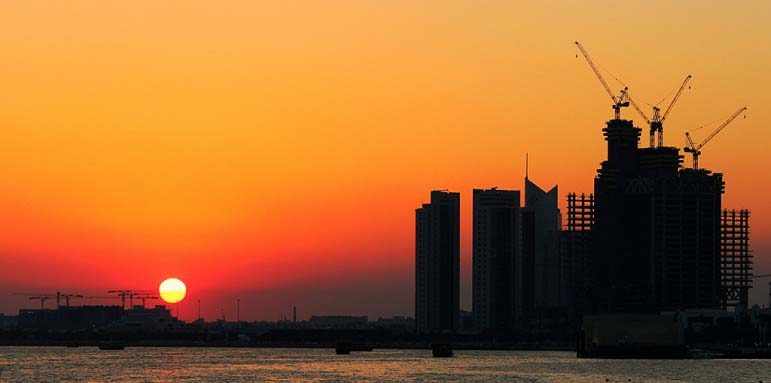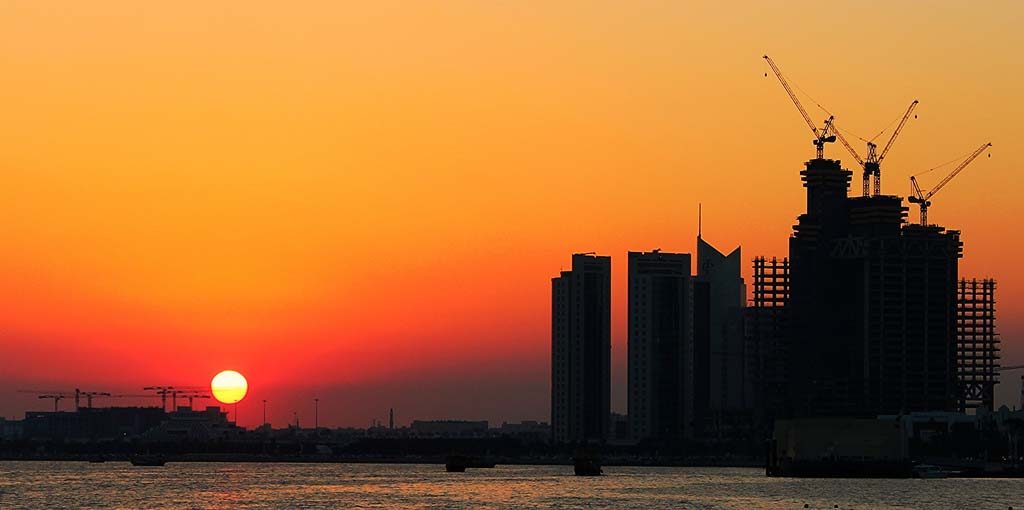
Qatar has ranked 110th out of 125 nations around the world in a new report that measures global contributions to society.
That puts it in the same company as Algeria, Mongolia, Iran and the Philippines, according to the Good Country Index, which was spearheaded by British policy advisor Simon Anholt.
The report states that the Gulf nation ranks poorly in many of the seven main indicators, including:
- World order, which entails refugees hosted, UN treaties signed and charitable donations (118th);
- Science and technology, in terms of Nobel prizes, patents, and international students and publications (112th); and
- Culture, including creative goods and services exports, visa restrictions and press freedom (95th).

Qatar fared better in categories such as international peace and security (50th); prosperity and equality (68th); and health and wellbeing (78th).
But in terms of its ranking, the country came in last among its GCC peers, though all held relatively low positions on the index. The UAE was 87th, followed by Saudi Arabia (92nd), Kuwait (93rd) and Oman (100th). Bahrain was not listed.
In a statement on its website, the study’s authors explained the rationale for their report, arguing that challenges like climate change, drug trafficking, poverty and food/water shortages are borderless, and require international effort to tackle. They continued:
“The trouble is, most countries carry on behaving as if they were islands, focusing on developing domestic solutions to domestic problems. We’ll never get anywhere unless we start to change this habit.
The Good Country Index isn’t interested in how well countries are doing, it’s interested in how much they are doing.”
For Qatar to improve its rankings, it would have to work harder at reducing emissions, tackling drug trafficking and developing its knowledge economy.
However, the Gulf country did get points for the amount of food aid it has contributed abroad and internet security efforts.
Caveats
There are caveats to the report’s conclusions. For one, the data the authors collected do not all come from the same time period. Much of it involves 2010 figures, which is almost half a decade ago.
Additionally, the index does not look at what’s going on inside a country – which is why Egypt, for example, ranks highly in the peace and security category. On its website, the authors say:
“The fact that domestic behaviour isn’t included in the Good Country Index of course doesn’t mean we excuse, condone, minimise or overlook it in any way: it’s simply not the thing that we’re measuring.
Remember that when we talk about a ‘good country’ we’re not attempting to judge its overall moral standing: we’re measuring its impact on the rest of the world, its contribution to the common good. You can’t get a complete picture of any country without considering both domestic and international factors, and we would always encourage people to consider the Good Country Index scores alongside some reliable measures of domestic behaviour.”
Thoughts?







